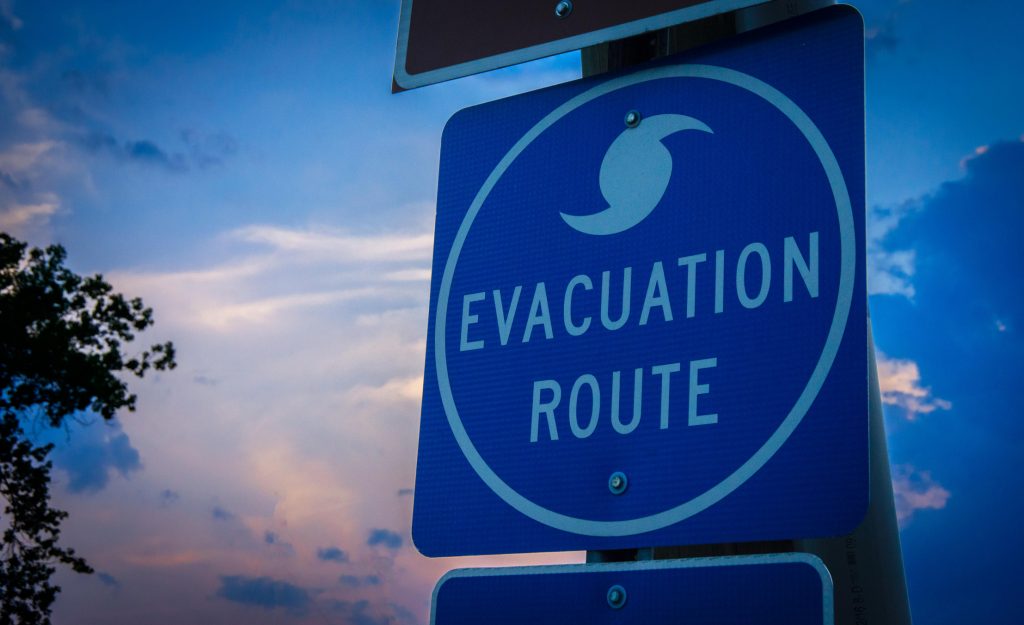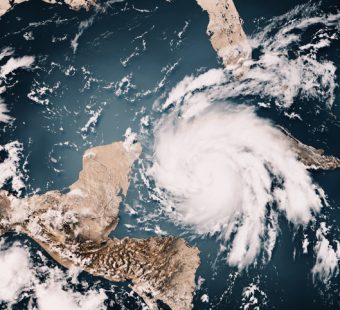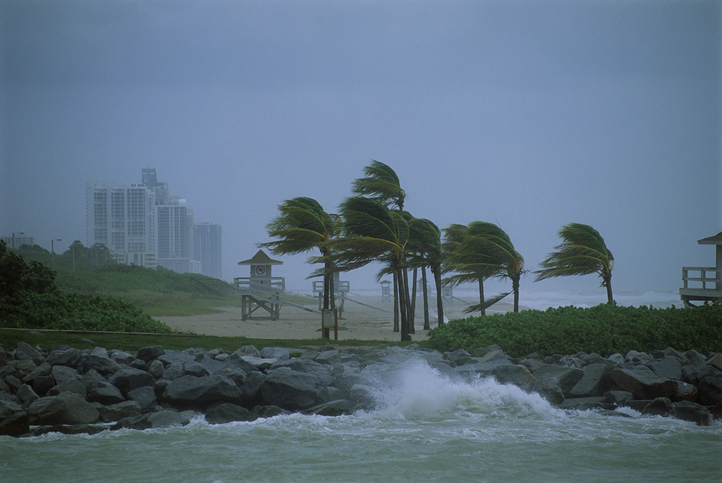
National Hurricane Preparedness Week 2021
The start of what is forecast to be another “above-average” Atlantic hurricane season is weeks away and the Insurance Information Institute (Triple-I) is recommending homeowners, renters and business owners prepare now.
“The U.S. experienced a record-setting hurricane season in 2020 and the early forecasts say 2021 is going to be an active one, too,” said Sean Kevelighan, CEO, Triple-I. “During National Hurricane Preparedness Week, everyone who lives in a hurricane-prone community should take a few moments to ensure you have adequate financial protection for your property and possessions while also taking steps to make your home or business more resilient to the impacts of wind and water. History has proven that virtually every community along the Gulf and East Coasts have faced the wrath of what is a hurricane’s catastrophic damage. And now with even more Americans living in harm’s way, it is even more critical for consumers and communities to take action.”
National Hurricane Preparedness Week starts on Sunday, May 9, and continues through Saturday, May 15. The 2021 Atlantic hurricane season begins on June 1 and ends on Nov. 30.
Review Your Insurance Coverage
Make sure you have the right type – and amount – of property insurance. The Triple-I recommends you conduct an annual insurance review of your policy(ies) with your insurance professional.
“You should ask your insurance professional if you have the right amount of insurance coverage to rebuild or repair your home, to replace its contents, and to cover temporary living expenses if your property is uninhabitable,” Kevelighan said. “You should also ask about flood insurance, which is an additional coverage to a standard homeowners and small business insurance policy. Nearly 90 percent of natural disasters involve flooding.”
The best place to start the insurance review process is by reading the declarations page of your policy. This one-page information sheet offers details on how much coverage you have, your deductibles and how a claim will be paid.
Standard homeowners insurance covers the structure of your house for disasters such as hurricanes and windstorms, along with a host of other disasters. It is important to understand the elements that might affect your insurance payout after a hurricane and adjust your policies accordingly.
Flood insurance, which is a separate policy from your property coverage, is offered through FEMA’s National Flood Insurance Program (NFIP) and several private insurers.
Protect Your Vehicles
Comprehensive auto, which is an optional coverage, protects your vehicle against theft and damage caused by an incident other than a collision, including fire, flood, vandalism, hail, falling rocks or trees, and other hazards. Nearly 80 percent of U.S. drivers opt to purchase comprehensive coverage.
Make Sure Your Possessions are Adequately Protected
Imagine the out-of-pocket cost of repurchasing all your furniture, clothing, and other personal possessions after a hurricane. Whether you have homeowners insurance or renters insurance, your policy provides protection against loss or damage due to a hurricane.
Creating an inventory of your belongings and their value will make it easy to see if you are sufficiently insured for either the replacement cost or cash value of the items situated at your residence. When you create a photo or video catalog of your home’s possessions, it will also help expedite the insurance claims process if you sustain damage from a storm.
Make Your Property More Resilient
Invest in items that will harden your property against wind damage, such as a wind-rated garage door and storm shutters. The Triple-I also recommends you have your roof inspected annually by a licensed and bonded contractor to make sure it will hold up to high winds and torrential rains.
Other hurricane season preparation tips from the Triple-I include:
- Preparing a hurricane emergency kit with a minimum two-week supply of essential items such as non-perishable food, drinking water (1 gallon per family per day) and medications for every family member. Also make sure you have adequate supplies and medications for your pets.
- Creating an evacuation plan well before the first storm warnings are issued.
RELATED LINKS
FACTS & STATISTICS:
Hurricanes
Flood Insurance
CONSUMER INFORMATION:
Catastrophes: Insurance Issues
Hurricane Season Insurance Checklist
How to Prepare for Hurricane Season
Hurricane Season Insurance Guide
Hurricanes and Windstorm Deductibles
Understanding Your Insurance Deductible
Preparing an Effective Evacuation Plan
Brochure: Settling Insurance Claims After A Disaster
Spotlight on Flood Insurance
Facts About Flood Insurance
Recovering from a Flood
INFOGRAPHICS:
What Are Hurricane Deductibles?
How to Prepare for Hurricane Season
How to File a Flood Insurance Claim
Is Your Business Ready for Peak Hurricane Season?
EXTERNAL RESOURCES:
FEMA’s National Flood Insurance Program (NFIP)
NFIP Information for Insurance Agents
VIDEOS:
Phil Klotzbach, PhD, Discusses 2021 Hurricane Season Forecast
Insurance Check-Up: Homeowners and Hurricane/Flood Insurance
Hurricane Insurance Guide
Create a Home Inventory



